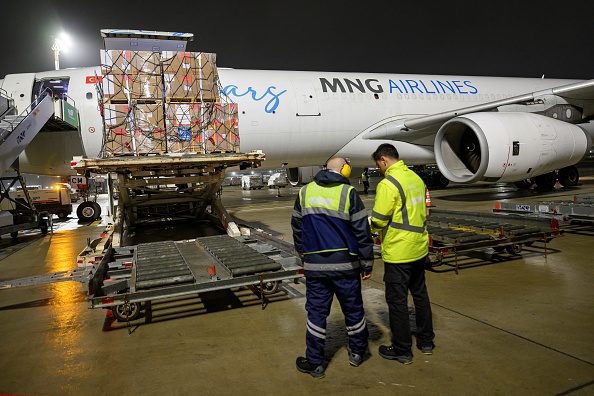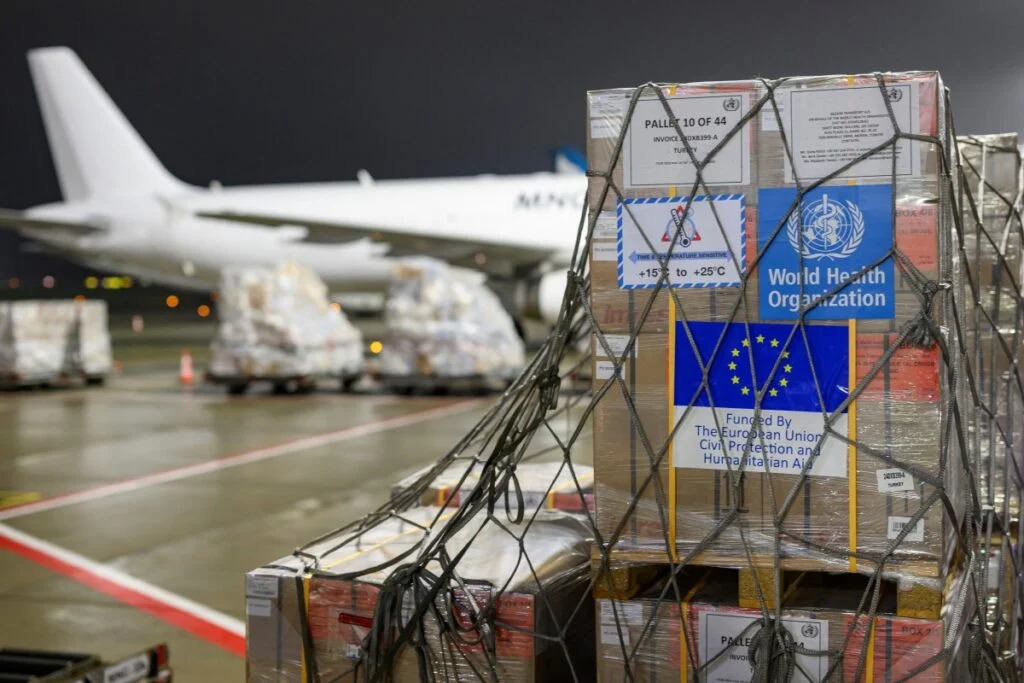The delivery of 50 tonnes of EU-funded medical supplies to Syria has been delayed, with the World Health Organisation (WHO) confirming on Monday that the aid will not reach the country until next week. Initially scheduled to cross the border from Türkiye on December 31, the shipment is still undergoing customs clearance procedures, according to Mrinalini Santhanam, a WHO spokesperson in Gaziantep, Türkiye.
The supplies, which arrived in Istanbul from an EU stockpile in Dubai on Thursday, are crucial to supporting Syria’s healthcare system, which has been severely impacted by over a decade of civil war.
The shipment includes emergency surgical kits, anaesthetic supplies, IV fluids, sterilisation materials, and medications designed to prevent disease outbreaks. The EU has stated that the aid is intended to bolster healthcare efforts in Idlib and northern Aleppo, two areas severely affected by the ongoing conflict.

Once cleared, the supplies will be transported to the Cilvegozu crossing in southern Türkiye, 50 kilometres from Syria’s second-largest city, Aleppo. The shipment marks the first phase of a humanitarian aid initiative announced by the EU on December 13. The second batch, containing 46 tonnes of supplies from Denmark, is expected to follow shortly.
Lorenzo Dal Monte, a WHO planning analyst, highlighted the importance of this aid, noting that nearly half of Syria’s hospitals are no longer operational due to the devastation caused by the civil war. The medical supplies are expected to help facilitate thousands of surgical operations and provide care for injured patients, assisting the overwhelmed healthcare workers in these critical areas.


 Trending
Trending 